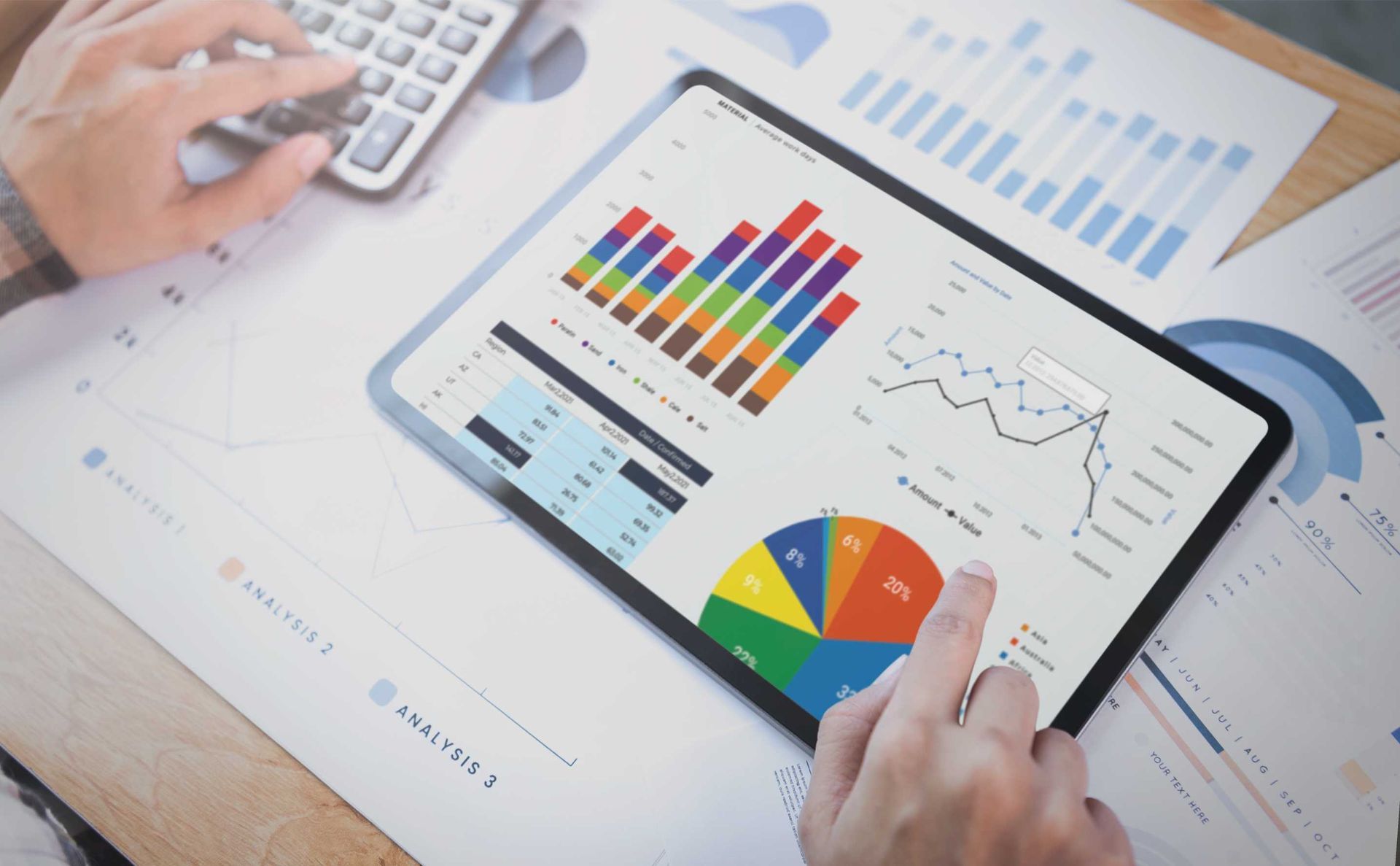The Ultimate Guide To Shopify Accounting And Automation
Shopify is a powerful ecommerce platform that has revolutionized the way businesses sell online. One of the biggest responsibilities of running a Shopify store is managing your accounting. Proper accounting is essential for tracking your finances, filing taxes, and making informed business decisions. In this guide, we'll explore automated accounting solutions for Shopify businesses and why you should hire a firm that specializes with eCommerce businesses to do it for you.
Basic Accounting Concepts for Shopify
To understand Shopify accounting, it's essential to have a basic understanding of accounting concepts. Here are some essential terms:
- Revenue: The income earned from selling products.
- Cost of goods sold (COGS): The cost of the products sold, including materials, labor, and other expenses directly related to producing the products.
- Gross profit: revenue minus COGS.
- Operating expenses: the costs of running an eCommerce business, such as rent, salaries, and marketing.
- Net profit: gross profit minus operating expenses.
Managing Your Shopify Finances
The first step in Shopify accounting is to manage your finances. Here are some steps that your CPA or accounting firm will assist you with:
- Create a separate bank account for your Shopify store to keep your personal and business finances separate.
- Use accounting software that integrates with Shopify, such as QuickBooks or Xero.
- Keep track of all your expenses, including transaction fees, shipping costs, and advertising expenses.
- Use accrual accounting, which records revenue and expenses when they occur, rather than when you receive or pay money.
Automating Shopify Accounting
Hiring an accounting firm who will automate your Shopify accounting will save you time and reduce errors.
- They will use software that is the right fit for your eCommerce business to automatically import your Shopify transactions into your accounting software.
- Set up recurring transactions for expenses that occur regularly, such as monthly subscription fees.
- Use bank feeds to automatically reconcile your transactions with your bank statement.
Filing Taxes for Your Shopify Store
Filing taxes for your Shopify store can be complicated, but it's essential to stay compliant. A professional tax practitioner with experience with eCommerce business can help.
Automated accounting for Shopify is the way to go. Trust your Shopify business an eCommerce accounting expert to ensure that you have access to the best software, stay on top of your finances, file taxes on time, and make informed business decisions.
eSenshi is an accounting firm specializing in assisting eCommerce businesses. We provide a variety of services such as Virtual CFO services and Sales Tax Services to assist eCommerce businesses.

Salim is a straight-talking CPA with 30+ years of entrepreneurial and accounting experience. His professional background includes experience as a former Chief Financial Officer and, for the last twenty-five years, as a serial 7-Figure entrepreneur.




